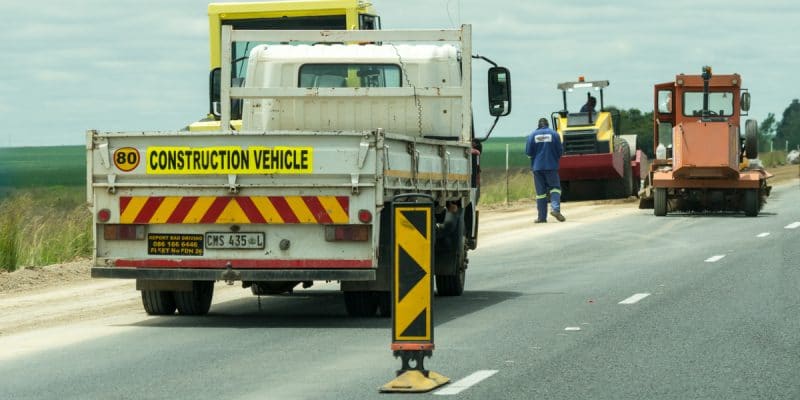In Kenya, China Road and Bridge Corporation (CRBC) has until the end of March 2022, to plant 3,000 trees along the 27-kilometer highway it is about to deliver in the capital, Nairobi. The order was issued by Kenya's National Environment Management Authority (NEMA). According to an environmental impact assessment (EIA), the construction of the Nairobi highway has resulted in the cutting of at least 2,500 trees.
The construction of the Nairobi Highway in Kenya is at an overall completion rate of 95%. The infrastructure, which stretches over 27 km between the Jomo Kenyatta International Airport (JKIA) and the Rironi district in the west of the capital, could be delivered in March 2022. But this delivery of work will not take place without repairing the environmental damage caused by the construction of the four-lane highway, estimated at $560 million.
The Chinese company building the Nairobi highway, China Road and Bridge Corporation (CRBC), cut down at least 2,500 trees to build the road. Several environmental organizations have denounced the impact of the construction on the biodiversity around the Kenyan capital, citing the felling of some 4,000 shrubs and trees.
In addition, the Kenya National Highways Authority (KeNHA) says that CRBC has not kept its environmental commitments to the tree cover. The Chinese company was supposed to compensate for the deforestation by planting trees elsewhere, at a rate of five trees for every one felled.
At least 3,000 trees must be planted
Under the provisions of the Environmental Impact Assessment (EIA) for the Nairobi Highway project, Kenya’s National Environment Management Authority (NEMA) ordered CRBC to green the road infrastructure route. “We estimated that they removed 2,500 trees during construction and we want them to plant at least 3,000 tree seedlings along the road to replace the forest cover lost during the construction process,” explains Mamo Boru Mamo, the NEMA director general.
Read also-AFRICA: reforestation, scientists propose 10 golden rules
The NEMA director adds that the seedlings planted by CRBC will have to comply with Kenya Forest Service guidelines to avoid the introduction of invasive species along the highway. “We hope that these trees will mitigate noise pollution and also provide the required environmental service, also improve the aesthetic value of the environment and reduce the concrete jungle,” says Mamo Boru Mamo.
Boris Ngounou







